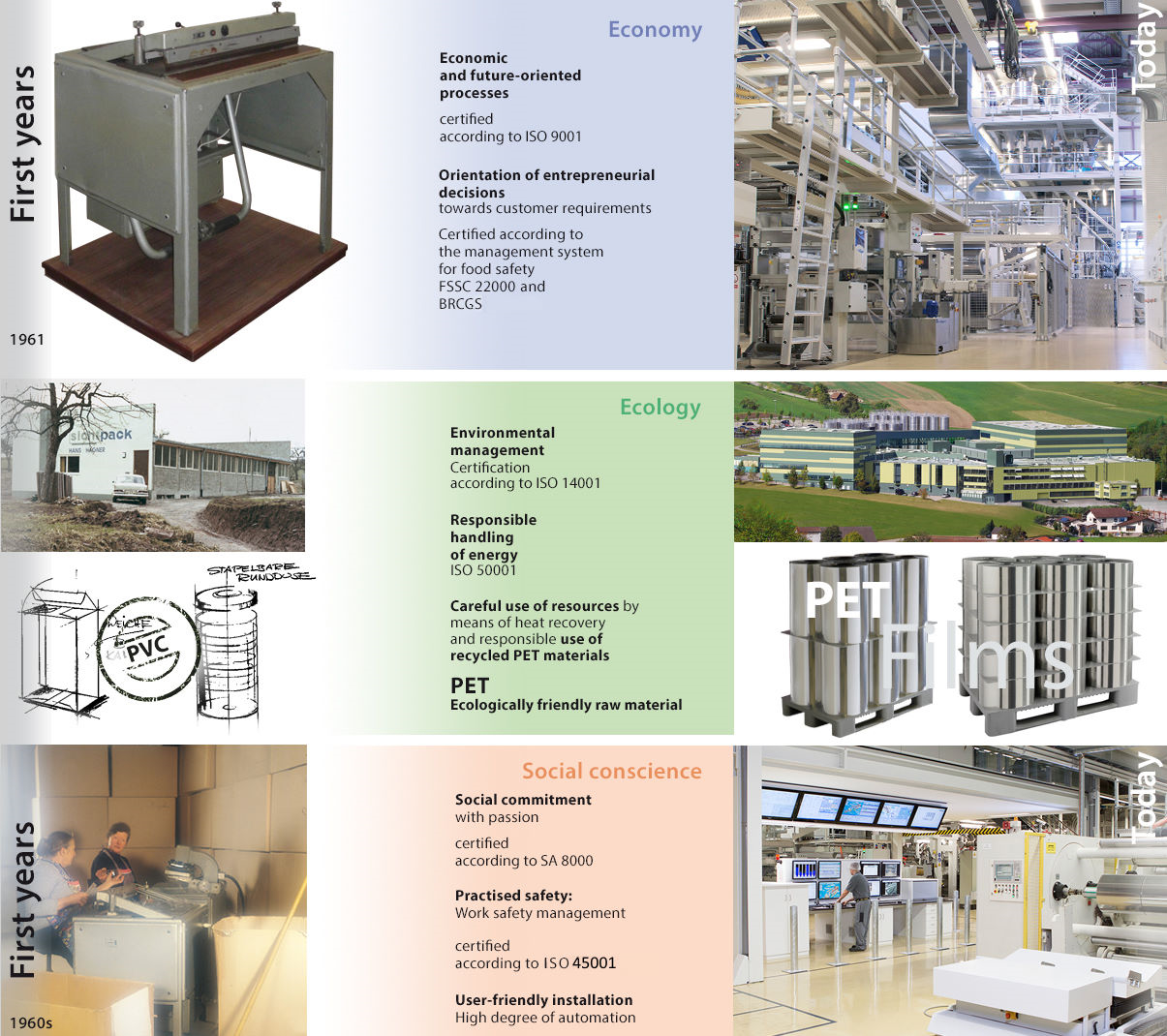
Definition of sustainability
The discussion about the sustainability or about enterprises operating economically is as long-winded as is the understanding of the notion of sustainability which has been integrated in colloquial language but has not been defined yet in conclusion.
Already in the 18th century, sustainability paraphrased a concept used in forestry where the long-lasting preservation of the forest was worded as its most important purpose in order to secure the highest possible yield for the generations existing at that time and in future. That meant and means that only the quantity of wood may be taken out which grows again so that the continuance of the forest is secured. Consequently, all economical objectives e.g. the increase in returns have to be subordinate to the ecological ones.
This was however not able to win through on account of its biased consideration. In order to find a political compromise, the notion sustainability is today discussed on the international stage on the basis of the definition published in the so-called Brundtland Report https://en.wikipedia.org/wiki/Our_Common_Future
in 1987 pursuant to which any development is only sustainable when the requirements of the respective present age can be measured up to without putting at risk that future generations will not be able to satisfy their own needs.
Brundtland Report, p. 16 paragr. 27, p 41 paragr. 1
in 1987 pursuant to which any development is only sustainable when the requirements of the respective present age can be measured up to without putting at risk that future generations will not be able to satisfy their own needs.
Brundtland Report, p. 16 paragr. 27, p 41 paragr. 1
It follows from that the so-called Three-Pillar-Concept according to which entrepreneurial decisions are to take into consideration
economical, ecological and social factors at the same time.
economical, ecological and social factors at the same time.
 English
English Deutsch
Deutsch Français
Français


















































